Leadership-in-Action Showcase
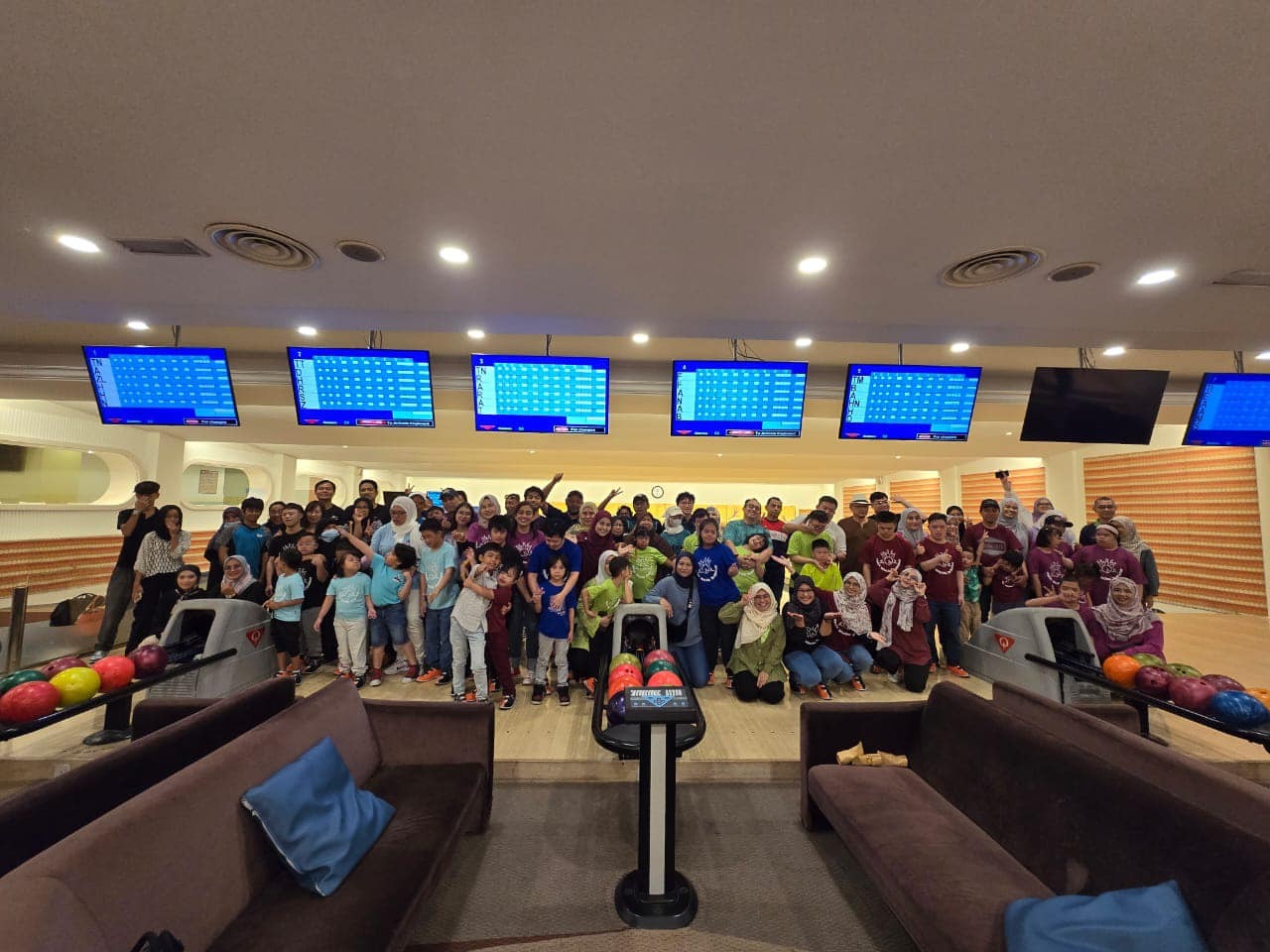
"ORKIDS (Our Kids Are Special) was established on 6 April 2012 and is officially known as Persatuan Kebajikan Anak-Anak Istimewa Selangor. It started off as a support group by parents to Down Syndrome children. After 10 years of operations, ORKIDS has now turned into a full-blown non-profit educational resource centre for special-needs children, managed by a group of dedicated parents, teachers and support staff." - ORKIDS Website
This summer, I chose ORKIDS as the organisation to volunteer in for my Leadership-in-Action (LiA) project. For this project to be approved by the Laidlaw board, I had to prove the non-profit's alignment with the Foundation's mission, as well as meeting all the goals of an LiA project. I thought ORKIDS could not have been a better match for a summer public service project that serves the real needs of communities, while also teaching invaluable lessons on leadership. Growing up in Malaysia, special education has always been neglected. Though I went to a well-endowed international school, the resources and support for special needs children were at a bare minimum. After all, the number of children who needed those resources were in single digits - why would the school administration bother? And that was a private, fee-paying school struggling with equipping its classrooms with accessible learning technology. Now imagine the dire situation special needs children face in Malaysia's chronically-underfunded, understaffed, and forgotten public education system.
I know well the woes of that system - growing up with ADHD, I received little to no support from my school in the middle of Malaysia's wealthy capital, Kuala Lumpur. Many teachers do not consider ADHD a 'real' diagnosis, and many - like my P.E. teacher - believed I faked the condition to get out of mandatory football or basketball classes. So when my lifelong friend, a fellow Hoya, approached me in December 2023 about joining her non-profit working with Down syndrome and neurodivergent children in her home state, Selangor, I immdiately said 'yes.' I was going to work with children from the ages of 7 to 15, in a tight-knit community of Malaysian families whose children were neglected by their school administrators. And both of us understood so well how inadequate that system is. Even more, my friend told me I will be working with an incredibly passionate team, all of whom believe in increasing accessibility in education. I was so, so excited. I knew this was going to be my LiA project next summer, and I put in motion the steps necessary to put together the proposal to the Foundation.
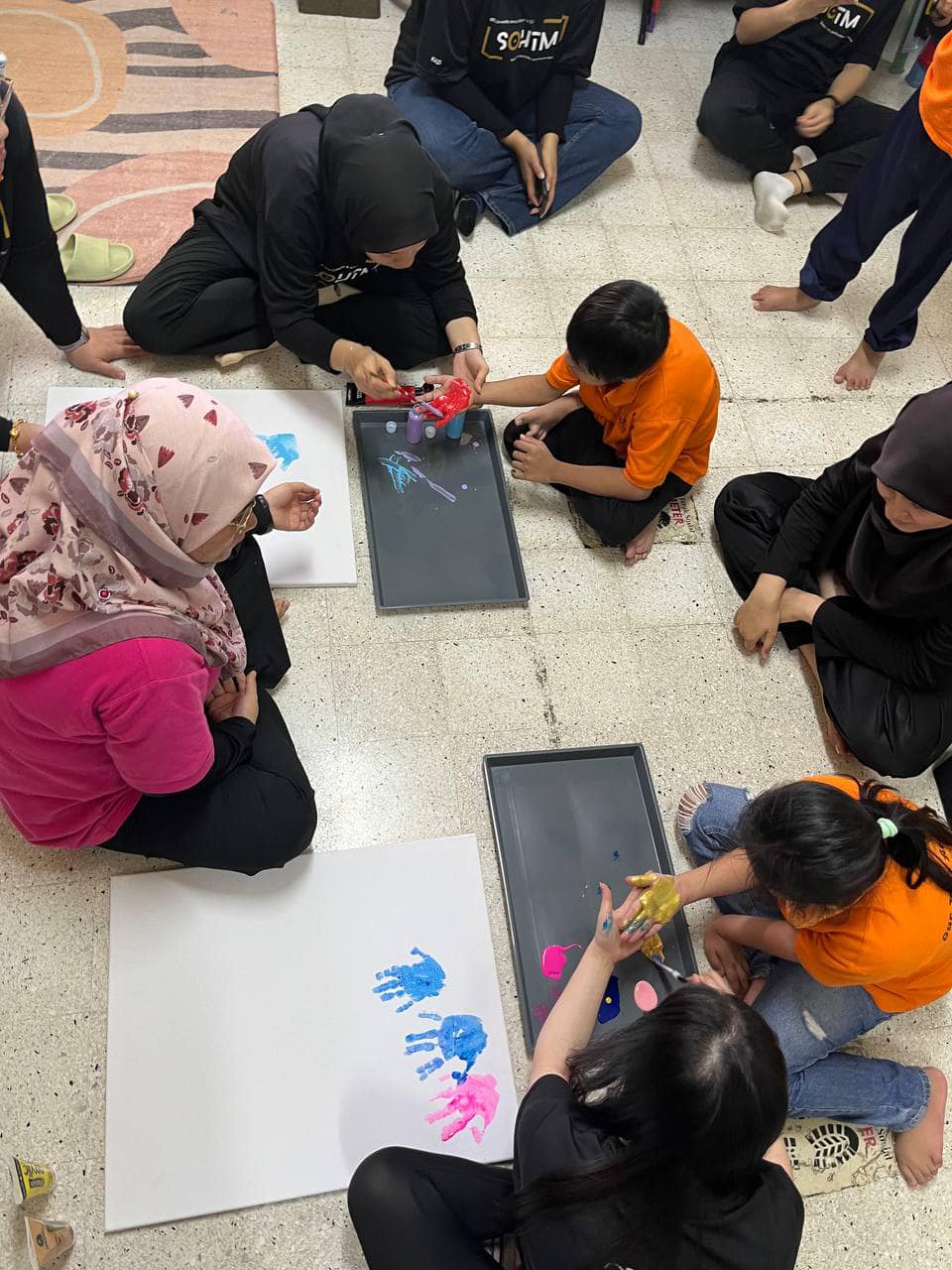
Making colourful handprints with an amazing group of children!
I joined the team later than scheduled, at the middle of June, when we were supposed to begin at the start of June. We had some paperworks to sort out with two of our volunteers, and finalised the curriculum with the country's education ministry, making sure our teachers' certifications were in order, and we were good to go in terms of beginning classes. I was immediately taken back by how small and home-ly the school felt - it was a humble property in Malaysia's wealthiest state, Selangor, with air conditions that rattled and surrounded by palm trees. Our non-profit was incredibly humble - by no means do we claim superiority in size or reach - but we do know that we were serving the real needs of families that lived in Selangor. On our first team on-boarding day - a Saturday, I had the chance to meet with everyone and talked about why we all chose ORKIDS. I heard incredible, humbling stories from folks all walks of life, from all colours of skin, all backgrounds of religion - how they grew up around special needs children, they had siblings who had special needs, or were also equally let down by the system.
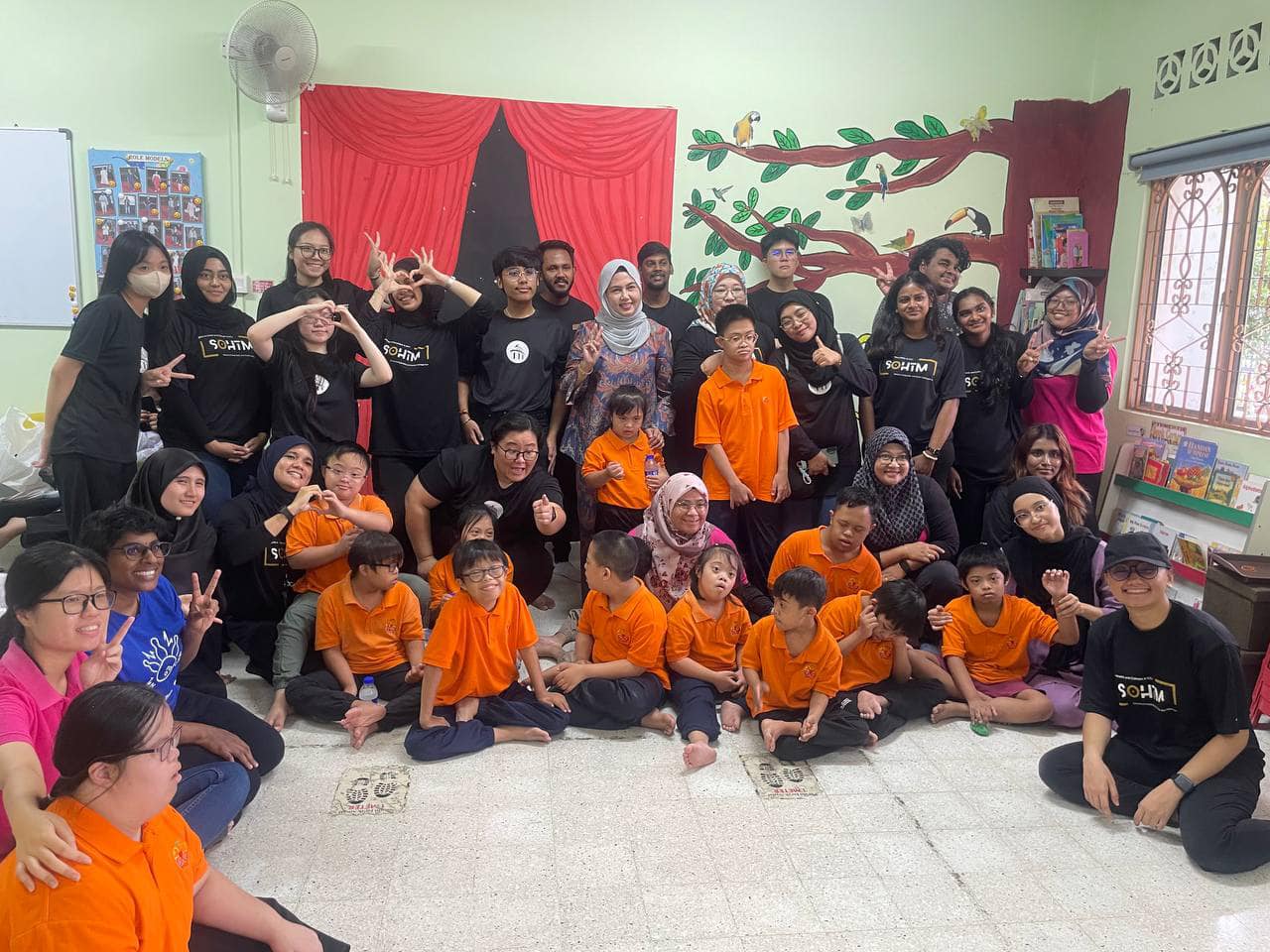
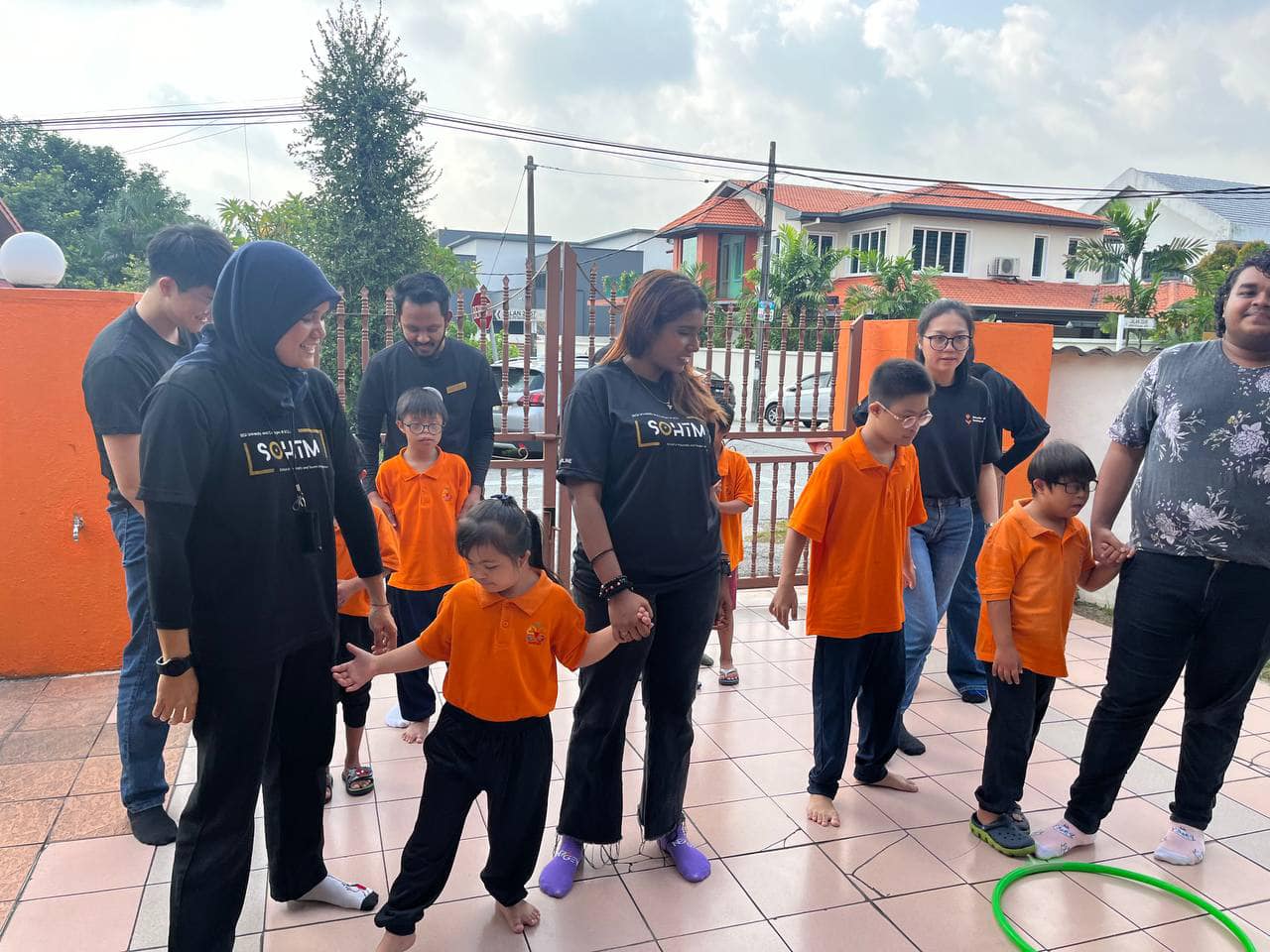
Students from the local SEGi University School of Hospitality and Tourism Management joining us in July!
ORKIDS broadly has three offerings: classes under the special needs education programme, parental support groups, and a dance club/extracurricular activities society that students lead in planning and executing activities. I was part of the special needs programme team, leading the Pre-Vocational Programme, out of the four age groups ORKIDS focused on. I felt this was the most comfortable age demographic for me to work with, given more experience held by team members in running the younger age cohorts. Below is a chart of all the programmes:
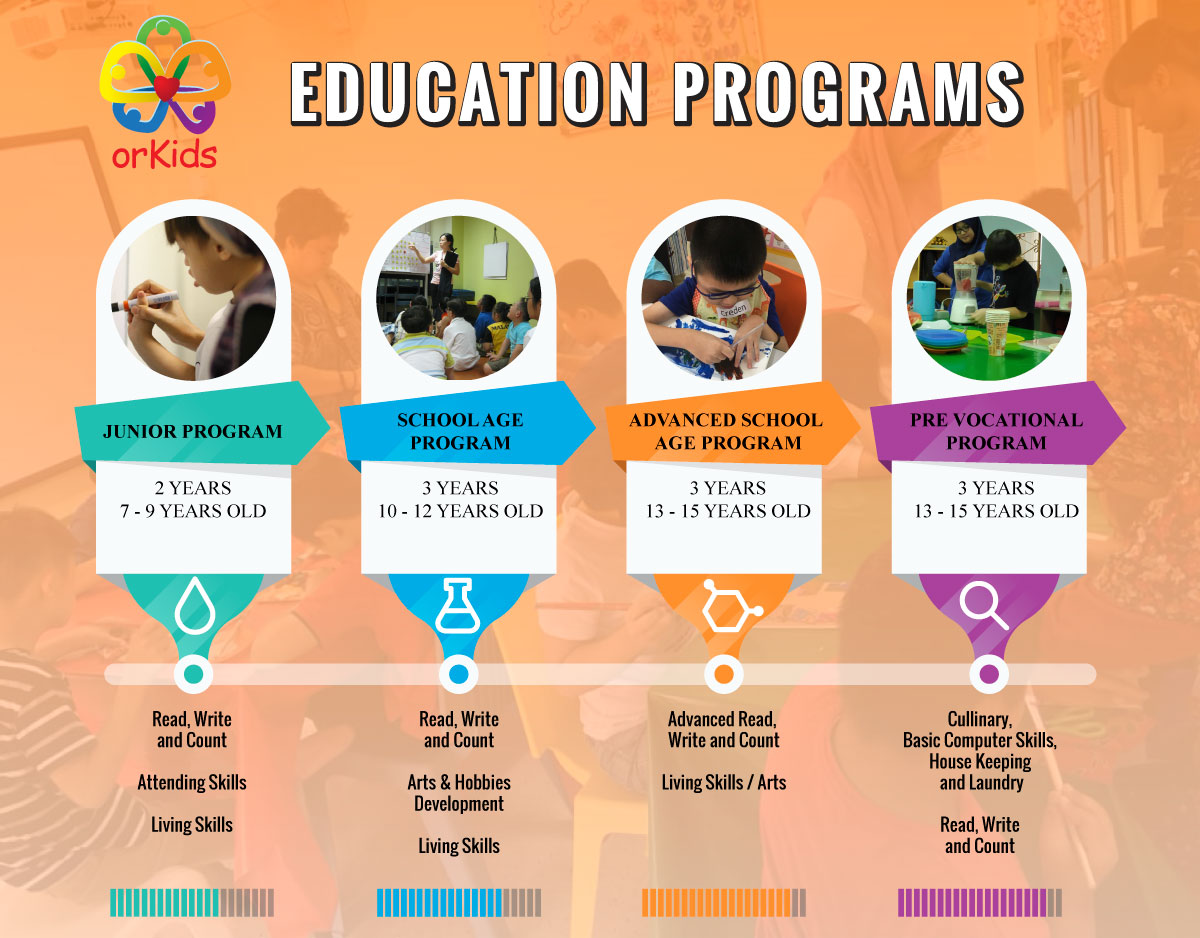
Our team developed a two-part, six-week (though in actuality the programme was closer to ten weeks due to various delays and circumstances beyond our control) programme that covered basic living skills and more advanced skills. In other words, Part I was focused on teaching the four first categories outlined in the infographic, while Part II taught reading comprehension, mathematics, and writing skills based on standards set by the Malaysian Ministry of Education. Our team devised two sets of 'examinations:' one mid-term, and one final, to be graded entirely on a pass/fail basis. If a student is evaluated to have a 'Pass' on 80% of the assessed skills, they 'pass' the exam. We strongly discouraged the use of numerical grades or marks, since we believed the competitive schooling system based around marked exams has damaged our spirit of learning. Overall, we achieved a passing rate of 90.77% for a cohort of roughly 30 students. The ones who did not pass re-enrolled in some classes, and cleared the finals with flying colours.
ORKIDS has taught me many things - chief of all is that change starts with an individual - be it an action or the courage to think about solutions. Under the premiership of an embattled government, who's facing more setbacks than achievements, Malaysia has more priorities to tend to than to revamp the entire education system to care for a small group of special needs children in the country. More than ever, grassroots community organisations like ORKIDS are needed across the nation to take control of situations, and to devise indigenous solutions, not relying on directives dictated from the halls of power in Putrajaya. That attitude also lends itself to a strange power dynamic between citizens and the state - whenever we approach officials, we were treated as if we were 'begging' them - as opposed to them doing their duties as a civil servant. Instead of celebrating and assisting how the people are alleviating the government's woes, they were more than happy to burden us. Our team lost count on the number of times things were held back due to administrative problems, and conveniently, no one was at the desk to answer our queries or tend to our complaints. "It is lunchtime, be considerate!" "How dare you walk in here without an appointment?" "Do you know who I am to be approaching me like this?" These were part and parcel of us dealing with the government.
But, nonetheless, I digress. The team has humbled me and taught me more about myself than anyone could, showing me what we can achieve together by learning from each other, staying open minded about our experiences, and have a relentless drive towards self-improvement through honest reflections on our performance. There were many tough calls and uncomfortable situations - from revamping the curriculum to unruly students to logistical hurdles - that challenged our team dynamics. Though we wanted to promote more friendships from this experience, not many chose to stay behind for team bondings and outings after the programme wrapped up. But through these scenarios, pushing myself to the limits of my performance, stepping beyond the boundaries of comfortability, and working - for the first time - in an entirely new environment of education, I have grown so much as a person, and I am proud to say this summer was transformative. My most significant takeaway from volunteering at ORKIDS is to never be afraid - always challenge yourself, push your boundaries, and learn from your mistakes. I also think that an effective leader is one who shows dedication to their work. They excel at building relationships and matching people to suitable tasks. They communicate clearly, prioritise safety and confidentiality, and lead by example with enthusiasm and reliability. Leaders like this inspire and motivates others to be the best version of themselves, and in an educational setting, this learning mindset is fundamental.
Moving forward, I will take all the lessons I have learned for the past few weeks at ORKIDS with me into every aspect of life, be it my work or my studies. My sincerest gratitude to the amazing team at ORKIDS, from the volunteers to regular teaching staff, and I want to applaud the excellent work they are doing in Selangor. I also want to really thank my good friend and host - a fellow Hoya. And lastly, I am deeply grateful to the Laidlaw Foundation and the Center for Research and Fellowships for enabling me to volunteer at ORKIDS, specifically our programme coordinator and advisor Colleen Dougherty for making my LiA project possible. A round of deep appreciation for everyone!
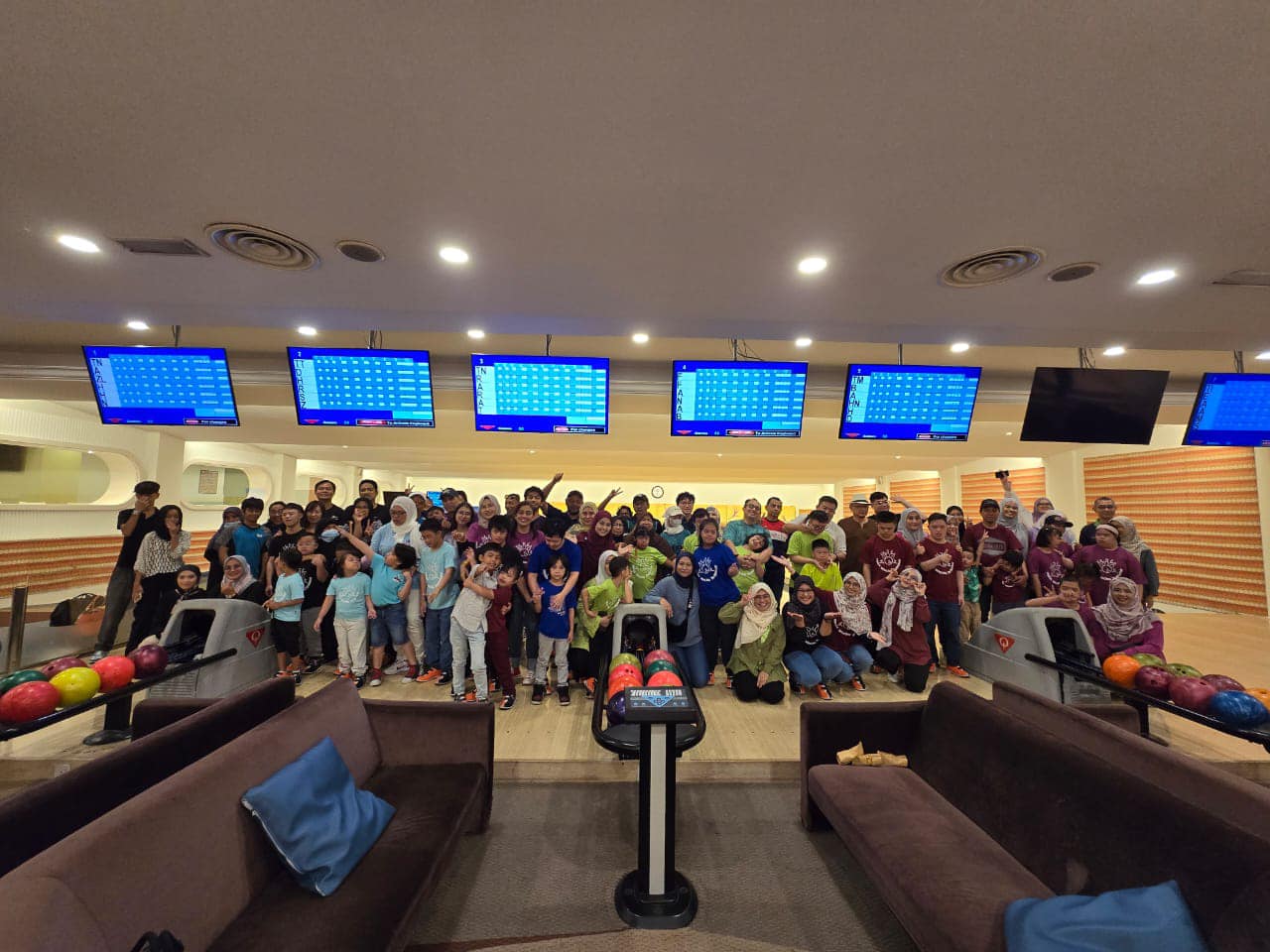
Please sign in
If you are a registered user on Laidlaw Scholars Network, please sign in